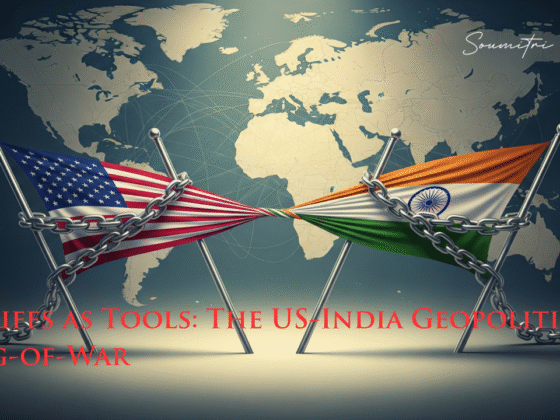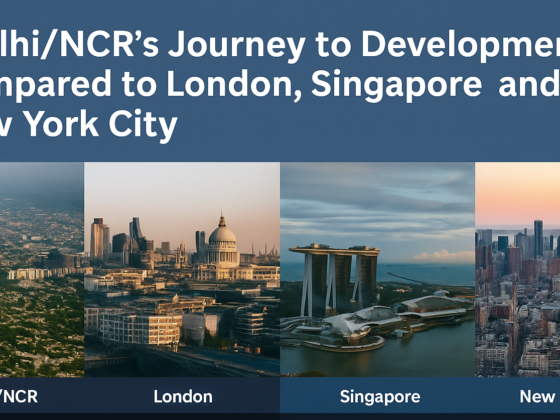Pandemics are complex occurrences that may be harmful to both individuals who are sick and those who are not. The COVID-19 pandemic has had an influence on many aspects of everyday life. Whether it’s school, office employment, the economy, industry, or society, there’s something for everyone. On both the emotional and physical health fronts, every individual was equally afflicted. Staying restricted and spending the majority of one’s time alone gradually modified one’s usual existence, leading to the designation of the COVID condition as the “new normal.”
The COVID pandemic crisis has not only had a bad impact, but it has also had a good impact. On the plus side, there is a sense that we were all equally contributing to the government’s rules in order to handle the viral crisis. On the other and the negative side, we saw individuals react to this by feeling compelled to “defend their own,” as if it were “us vs them.”
Do you believe the pandemic only impacted adult human minds? The virus has been shown to have an equivalent impact on the mental health of children. From what they hear and see, children’s minds tend to learn about their own worries and concerns. In other words, witnessing something unpleasant on television, hearing something in the news that can heighten their anxiety, and seeing their parents get frightened or terrified of something are all frequent learning strategies for young children.

In the near future, we are already seeing and will see people returning to normalcy in many aspects of life. But there’s no question that many things will change, possibly forever. COVID-19 has changed the experience of being a student, a customer, an employee, a citizen and a human. And expect to see behaviour shifts for some time to come.
Are there any significant behavioural changes as a result of these modifications? And, if so, how will they influence how we design, create, develop, and operate the experience that consumers require and desire? The answer may be found in these questions on how people have begun to react to their families, groups, and other gatherings after the covid lockdown.
The forced move to virtual working, consuming, and socialising during the worst of the epidemic will drive a vast and further shift to virtual activity for everything. It will have an impact on how people learn, work, transact, and consume information. This will have an effect on everyone.
One of the most important facts is that many individuals have stopped taking their health for granted. The health economy has begun to emerge, with chances for everyone to participate. People have begun to realise that they cannot rely on traditional healthcare systems, but they still want all of the assistance they can receive in all aspects of their life. Health experiences will be in high demand and vice versa; health should be taken into account in every experience.
The era of self-isolation has formed a feeling of emotions, and many people have begun to spend more time at home and with their loved ones. Similarly, there are countless modifications that may be observed in any human behaviour. The developments that are having a beneficial and harmful impact on society and the environment.
COVID-19 is widely regarded as the world’s worst catastrophe, affecting every individual’s social and personal life. As a result, even while the virus is weakening, people are still very worried and suffering a variety of psychological and behavioural symptoms. The COVID-19 epidemic, one of the most significant worldwide upheavals in our lives, has presented us with new obstacles, yet these challenges will not persist indefinitely. All we have to do now is add some optimism to our outlook on the problems we face, inspire our mission, and stay motivated.

 Add to favorites
Add to favorites








